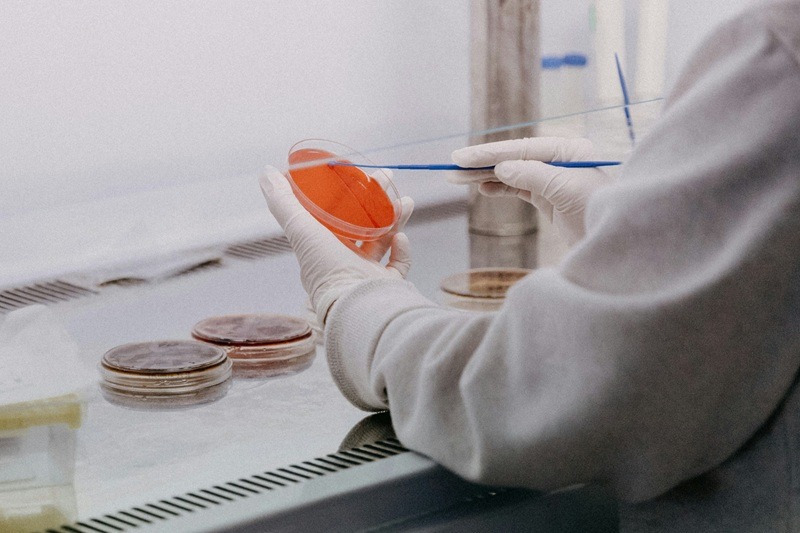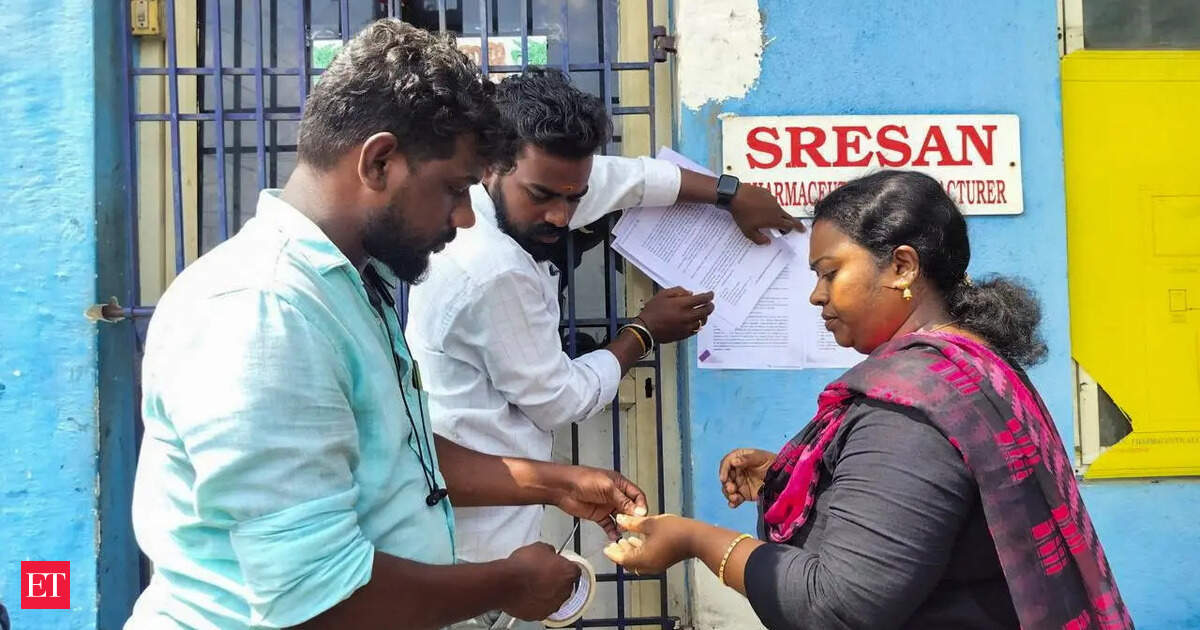Dive Brief:
- Capsida Biotherapeutics has suspended a recently begun clinical trial of an experimental gene therapy after the first participant in the study died following treatment.
- Capsida disclosed the death in a letter Wednesday to the patient community for the rare neurodevelopmental disease its gene therapy is designed to treat. In it, the biotechnology company noted it has informed the Food and Drug Administration and will soon provide regulators a full report of the patient’s death.
- “We understand this devastating news will raise questions and uncertainty, and we are working with urgency to gather information and find answers,” Capsida wrote in its letter.
Dive Insight:
Capsida shared few specifics Wednesday, noting that it is working to understand the “root cause” of the patient’s death. It’s unclear whether Capsida’s treatment was directly to blame.
The news, however, follows patient deaths over the past year in clinical trials of gene therapies for two types of muscular dystrophy and a rare neurological disorder, and will therefore likely draw significant scrutiny.
Capsida received a green light from the FDA to begin its clinical trial just four months ago, in May. Its gene therapy, which uses a specially engineered virus to reach the brain, is designed to treat developmental and epileptic encephalopathy related to mutations in the syntaxin-binding protein 1, or STXBP1, gene.
The company needed to custom design its viral vector, as the types of the naturally occurring viruses gene therapy developers typically co-opt for their therapies’ delivery don’t adequately saturate brain neurons.
Capsida aimed to enroll around 12 children with STXBP1-related disorders into its trial, which had opened recruitment at Weill Cornell Medicine in New York and the Children’s Hospital of Philadelphia in Pennsylvania.
People with STXBP1-related disorders usually experience seizures beginning in their first year of life. But symptoms can range wider, including development delays, decreased muscle tone, and difficulty walking and speaking. There is also a risk of sudden death in epilepsy.
Typically, children who are diagnosed with the condition will be treated with anti-seizure medicines to control their convulsions.
Capsida’s therapy, dubbed CAP-002, aims to make up for deficient levels of a vital protein encoded by the STXBP1 gene that helps pass messages between nerves.
“We are committed to keeping the community informed about what happened and our plans for the program as soon as we have information to share,” Capsida wrote in its letter.
“While we do not have … answers yet, we are in close contact with the study sponsor and investigators and will share verified updates as the formal safety review progresses,” the STXBP1 Foundation, a nonprofit patient advocacy group, added in a separate community note.
Capsida is also developing gene therapies for Parkinson’s disease and Friedreich’s ataxia. The former program was cleared in June to begin human testing, but it’s not clear whether any patients have been treated yet.
Questions emailed by BioPharma Dive to company spokespeople were not answered by the time of this story’s publication.










